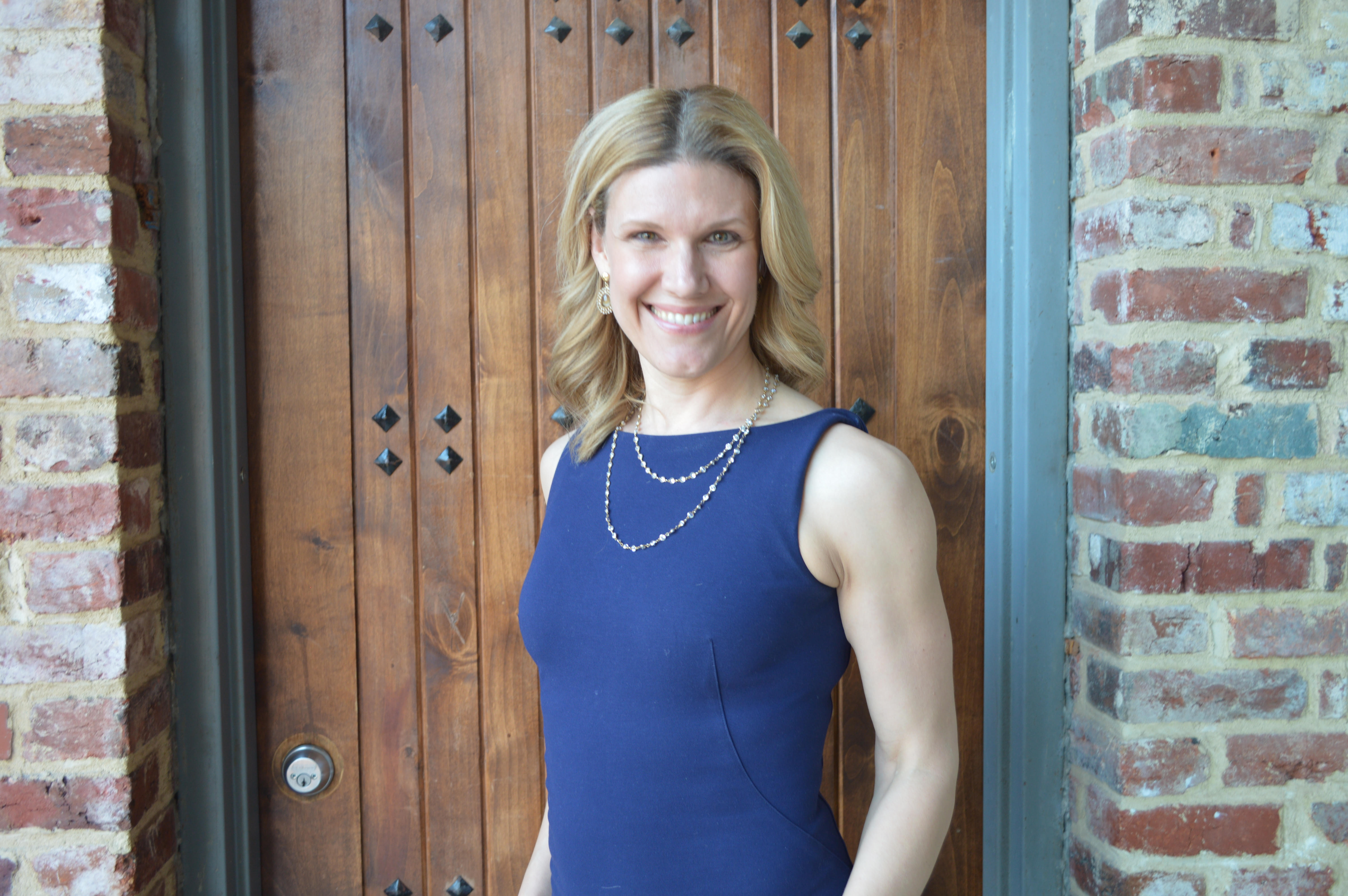There is opportunity in this #MeToo moment. But if much of the public discussion remains focused on the superstar serial predators, there is also a risk: that men, even the well-meaning ones, will learn three wrong lessons from the avalanche of public allegations.
The first wrong lesson we could learn is that men perpetrating sexual harassment and assault are always domineering jerks in the workplace, like many of the famous men who are facing allegations. But this isn’t always so. In fact, what is so disorienting is that these offenses are routinely perpetrated by “nice guys.”
I liked the man who groped my breasts and grabbed my crotch—he was amiable and charming. And I liked the boss who force-kissed my friend, who also worked for him, as well as the VP who stripped down naked in front of her and instructed her to do the same, informing her that it was a “rule” on the boat they were on that “only skinny dipping” was allowed. He was a calm presence in the office, well-respected and admired by his direct subordinates.
The second wrong lesson that could be learned is that only the worst forms of sexual assault qualify as “problematic.” Men need to come to terms with the ways they routinely minimize sexually demeaning behavior. As women come forward with their allegations, we hear common refrains from the men who knew their harassers: “I knew he liked young women. I thought he was a bit of a lech. But I had no idea that he was that bad…”
Statements like that convey that the more “run of the mill” harassment is unimportant, unworthy of men’s attention or action.
No. It all matters. There is a cumulative toxic effect of being commodified and forced to negotiate your sexuality in professional and public spaces.
A journalist friend of mine spent years living and working in India and the Middle East, fending off endless anonymous groping hands on crowded streets and buses. One night, now living in Japan, a drunk businessman stepped toward her as she was walking home from dinner and grabbed her breast. Instinctively, she lashed out, screaming and pounding him until he fell to the ground and a crowd gathered around her. What rattled her most, she said, was her own response: “I flagged down a cab and began crying. Who was I? And how did I find myself beating the sh*t out of a random Japanese ‘salaryman’?”
Another woman, a successful small business owner, broke down sobbing after reading my account of my experiences with sexual harassment and assault. “We are so commodified by our sexuality that by the time we are middle-aged, we are useless,” she told me. After years of chronic harassment, she feels “used up.” Now 50, she now experiences the flip side of male sexual entitlement. “What I find so humiliating now is how men will talk about women in front of me. [It’s as though] I’m so neutered,” she said, “I’m beyond offending.”
Few women, including myself, have such clear epiphanies about the negative impact of these experiences. Or we minimize their importance. I’ve spent so many years pushing aside the unwanted gropes, strokes, and unsolicited comments about my body that I haven’t the faintest idea what scars they’ve created. They’ve worn me down, I think; weakened my ambition. Fueled deep-seated anger that I didn’t even know existed.
I can say with certainty that the professional environments that were free of such behavior—an office with an all-female executive team and my early career training with two male mentors who treated me as a person of substance—were incredibly liberating. I flourished under my mentors’ tutelage, engaged with big ideas and fostered ambitious career aspirations. I believe those years had an insulating effect against later experiences. I may have chosen to stay silent for years about my own harassment—a choice I understand but am still ashamed of—but I never accepted it as normal. I never let it define me.
This brings us to a final wrong lesson: that men, unsure of themselves and afraid of being called out for their actions, could conclude that their only recourse is to retreat into the security of all-male professional spaces, building even more impermeable boundaries around their enclaves of power. We’re beginning to hear calls for “no closed doors”—the notion that no man should ever be in a room alone with a woman, lest she be vulnerable to harassment and, of more concern to the men leading this chorus, he be vulnerable to false allegations.
Such a result would have devastating consequences for women’s career advancement. At the extreme, this kind of twisted logic creates the Mike Pences of this world, who justify behavior like refusing to dine alone with female colleagues by framing it as a form of “respect.” Or hearkening back to a time in which, as White House Chief of Staff John Kelly said in his recent press conference, women were supposedly “sacred.”
It’s nonsense, of course, as the form of “respect” they profess to show women is the flip side of the same coin. “Sacred” women are those relegated to the domestic sphere—not by choice, but by biology. Women inhabiting professional spaces are sexual temptresses. And men—or at least men without the moderating influence of good Christian women like Mother Pence at their sides—are morally adrift, unable to control their animalistic sexual urges.
It is time to be clear. It is a choice to sexualize women. And the only lesson that men really need to learn is this: It’s not that hard to make a different one.






